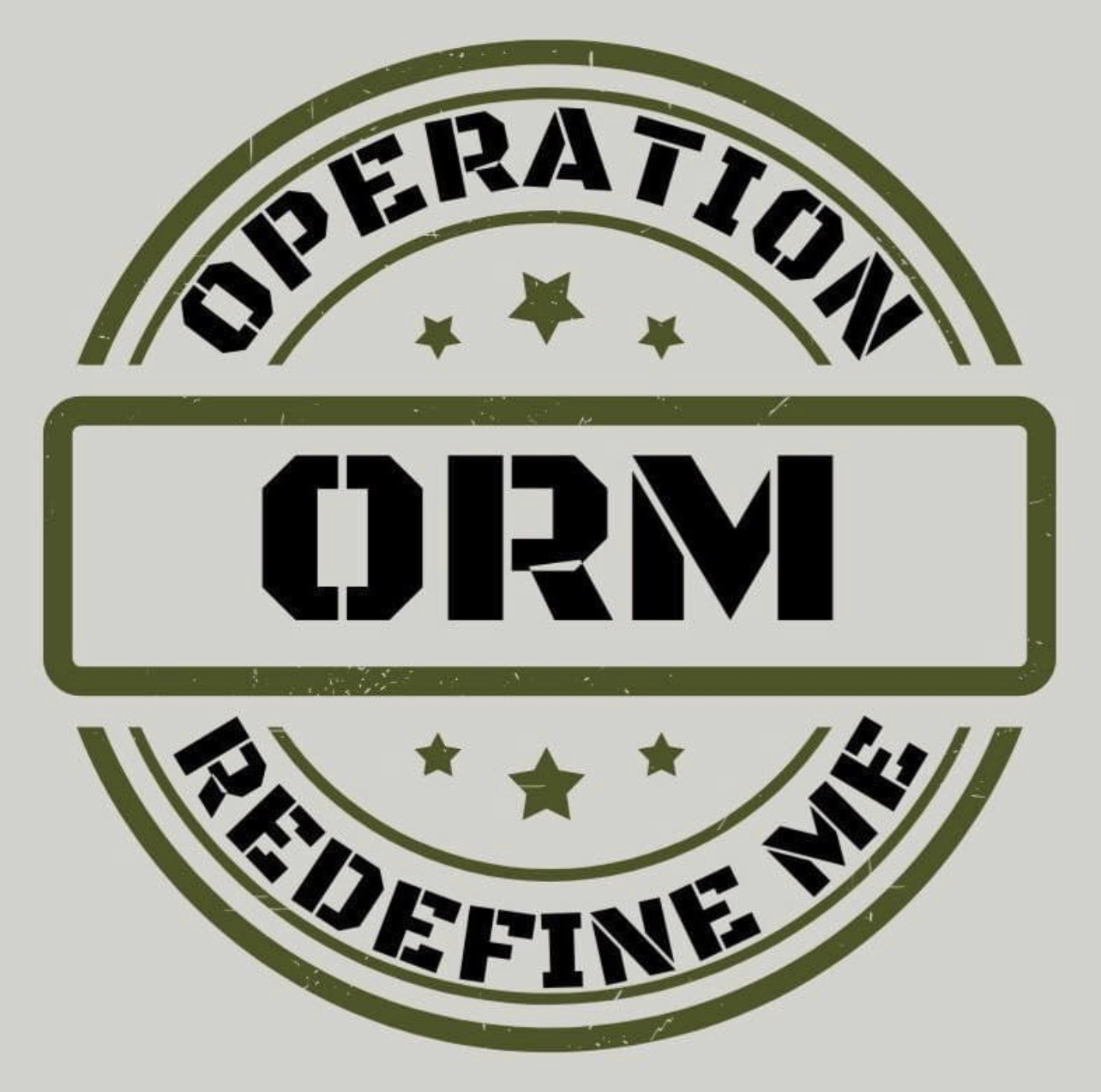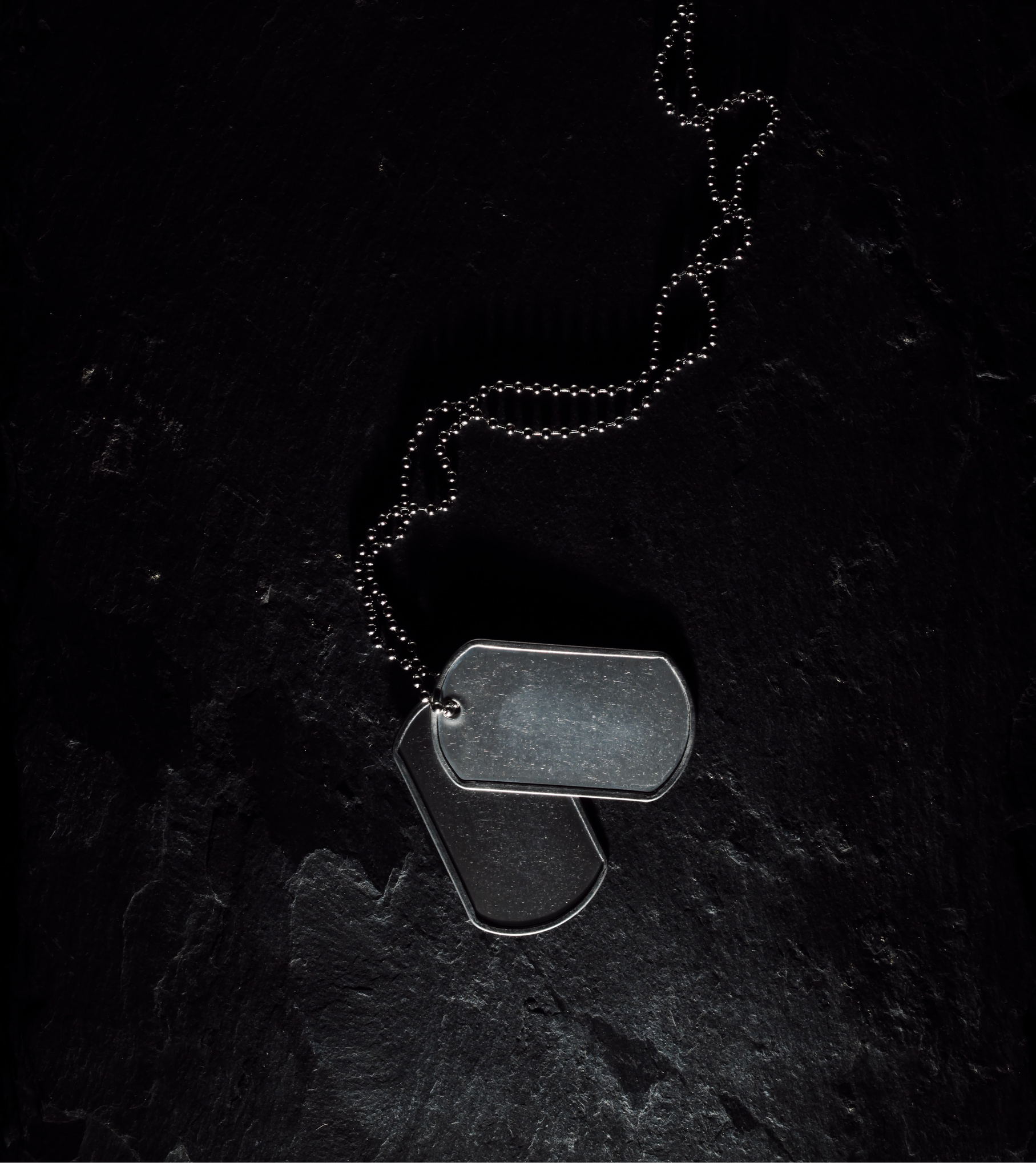Problem
Before understanding a solution, one must first identify the problem. The problem is not simply the rise in Veteran suicides but instead rooted in the specific culture of the military. The military culture breads a structured environment. From the beginning, military members are trained to follow orders and seldom ask questions. We are considered machines that do as we are told and are rarely allowed to think for ourselves. The structure and design of the military are undoubtedly required to move human resources to achieve more important goals on the battlefield. However, once one is removed from the structure, everyday decisions become overwhelming. Military members are no longer told when to eat, sleep, work, or relax. No one checks their vehicles before long trips, tells them when to go to medical, or ensures monotonous tasks are complete. The annoyance of being micromanaged is alleviated; however, now, those everyday decisions become mandatory as we no longer operate as machines on autopilot.
Veterans specifically endure a crucial transition as they leave the structured military environment and enter a free society. The newfound freedom is sought by all members leaving the force, regardless of how long they spent in the service. However, very few are adequately prepared for the transition. Programs fill members with information and resources. The transition program ensures the individual has a resume, budget, and plan. However, despite the efforts to help the member succeed in society, we lack the personal opportunity to help individuals redefine themselves outside the military structure. Showing members who they are, their inner needs, wants, and how they relate to others is true freedom to become whom they were born to be. When individuals are allowed to redefine themselves, they gain freedom from the bondage of structure, expectations, and regulations that once determined every moment of their lives.
Along with the military structure, another problem rooted in the military experience, unique to service members, is the removal of self. Removing one’s uniqueness begins in Boot Camp. For example, in the Marine Corps, for thirteen weeks, we refer to ourselves and others as “this recruit” or “that recruit.” If one refers to themselves as “I” or their belongings as “mine,” or any similar verbiage that insinuates self or uniqueness, reprimanding occurs. Removing a sense of self is required in the military as we often hear “one team, one fight.” Service members must be selfless as it is the very nature of the job to put one’s life down for others, thinking of the more significant cause and population. However, once leaving the environment, the individual may have difficulties seeing themselves as an individual with uniqueness.
As much as the military or Veteran Affairs promotes programs for minorities, women, or LGBTQ+, these unique factors serve no role in the day-to-day functions of the military. For example, I have heard several times throughout my career, “I do not see color, just different shades of O.D. (olive drab) green.” The only culture in the military is its own. Regardless of race, sexual orientation, gender, age, rank, or any other factor, we all are required to look, behave, and perform to the same standards. Some may argue that they are treated differently due to their diversity. However, according to the rules and regulations, we are all the same.
I am not arguing the need for structure and unity as they are necessary for the functioning of the military. Without sound structure, the military would not be powerful, ready to move at a moment’s notice or accomplish any mission. Additionally, promoting self rather than others may result in a selfish environment rather than the brotherhood or sisterhood we desired when we joined. However, I mention these problems as they reflect the actual lived experiences of Veterans and reveal why Operation Redefine Me is necessary and will result in success.
Proposed Solution
In the military, members are familiar with Operation Risk Management (ORM), which is the process of identifying, assessing, and controlling risk applicable to all missions and environments to conserve power and resources (The Basic School Marine Corps Training Command, n.d.). My proposed solution, Operation Redefine Me (ORM), is centered on the individuals redefining themselves. Operation Redefine Me (ORM) helps Veterans by identifying themselves, accessing their unique circumstances, and controlling risks through personally relevant resources while continually engaging with them. Redefinition is needed as veterans often face an identity crisis as they separate from service (Hunniecutt, 2022). Veterans understanding the very essence of their existence, including accepting and understanding their uniqueness, allows them to redefine themselves, ultimately changing how they relate to themselves, the world, and their relationships.
References
Hunniecutt, J.R. (2022). My Veteran Identity (Crisis): Suicides and Reintegration. In: Rethinking Reintegration and Veteran Identity. Palgrave Macmillan, Cham. https://doi.org/10.1007/978-3-030-93754-6_2
United States Marine Corps The Basic School Marine Corps Training Command. (n.d.). Operational Risk Management B130786 student handout. https://www.trngcmd.marines.mil/Portals/207/Docs/TBS/B130786%20Operation%20Risk%20Management.pdf






Leave a Comment